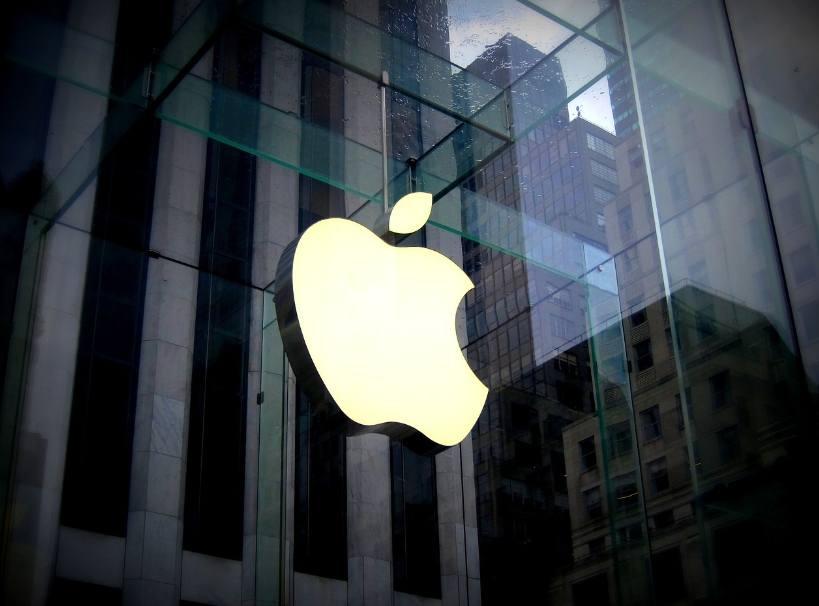Amidst escalating China-U.S. tensions and Huawei’s renewed competitive vigor, China’s Apple suppliers find themselves on shaky ground. The fallout began when Beijing issued a directive instructing central government employees to cease using iPhones at work, a move that triggered a chain reaction in the tech industry.
Tech giant Apple, suffered a jarring 6.4% nosedive in its stock price over just two days, causing a staggering $190 billion loss in market capitalization. This drastic slump was a direct result of China’s stern stance on iPhone usage within government circles, sparking concerns about Apple and its supplier companies’ future prospects.
The wider ramifications of this situation were felt in the broader Chinese stock market. The CSI 300 Index, which encompasses top Chinese companies, witnessed a 0.5% dip, concluding a week marked by a 1.4% loss. The Shanghai Composite Index dipped by 0.2%, while the Shenzhen Composite Index retreated by 0.4%.
The situation escalated to the extent that Hong Kong canceled trading for both stocks and derivatives after a black rainstorm warning was issued by the Observatory. This marked the second instance in the same month that adverse weather conditions disrupted the city’s financial markets.

Among the casualties in this turmoil were Apple’s prominent suppliers. Foxconn Industrial Internet saw a 0.6% drop in its shares, closing at 19.08 yuan. Luxshare Precision Industry slid by 2%, ending at 29.35 yuan. These declines were attributed to the Chinese government’s ban on iPhones for employees focusing on investment, trade, and international affairs.
Other suppliers, including battery producer Contemporary Amperex Technology (down 1.6% to 222.94 yuan), electric vehicle manufacturer BYD (down 1.8% to 244.05 yuan), and AI server maker Inspur Electronic (down 3.3% to 35.17 yuan), also bore the brunt of the fallout. Even liquor distiller Kweichow Moutai weakened by 1.1%, closing at 1,818.50 yuan, while peer Wuliangye lost 1.3%, ending at 160.96 yuan.
Adding further pressure to Apple’s predicament in one of its largest markets, Huawei unveiled two new smartphones: the foldable Mate X5 and the Mate 60 Pro+, which showcased resilience to U.S. sanctions and drew significant global attention.
In Taiwan, a key hub for Apple suppliers, Largan Precision, known for producing camera lenses, plummeted by over 4%, while contract chipmaker TSMC fell by 0.6% on Friday.
Luxshare Precision Industry, a manufacturer of connector cables for Apple devices, including iPhones and MacBooks, as well as AirPods, also experienced a 2% decline in its shares, partly attributed to Huawei’s recent product launch.
Analysts speculate that Huawei’s resurgence could be the initial step in its efforts to challenge Apple’s dominance. As the tech battle between giants intensifies, the future remains uncertain for Apple and its suppliers in the volatile Chinese market.
Related:
- Xiaomi to follow Apple’s lead with Titanium Alloy Frame in 14 series
- US-China Tech War Escalates as SK Hynix Denies Supplying Memory to Huawei Mate 60 Pro
- China bans iPhones for Government Officials, sending Apple shares tumbling
(via)




